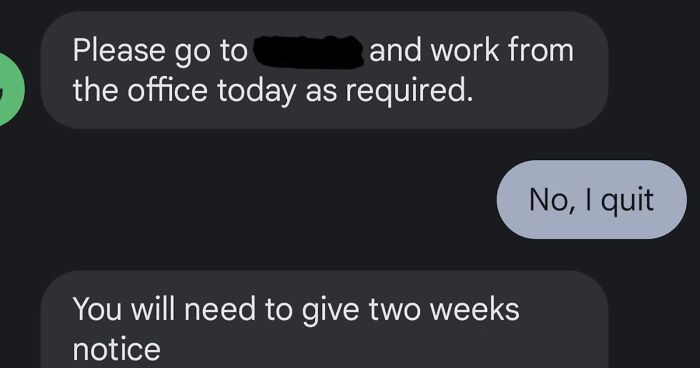
Employee Finds Out The Job They Accepted Wasn’t Work-From-Home As Promised, Quits In Style
According to the latest report from the Bureau of Labor Statistics, the jobless rate declined in December to 3.9%, and the economy added 199,000 new positions. This means that job growth in 2021 averaged 537,000 per month.
So if there’s one thing that has been constant in the labor market, it’s a high demand for workers.
So as a result, businesses have to compete with one another to fill their empty seats and promise people better opportunities and perks. But that, unfortunately, entails straight-up lying.
Image credits: Unsplash (not the actual photo)
Take Reddit user u/meghanerd, for example. When hunting for a job, a big factor for them was the ability to work from home, which given the current public health situation is pretty understandable. So when the Redditor received an offer to work remotely “except when needed”, they happily accepted it.
But on their very first day, u/meghanerd learned that the company’s and their definition of “except when needed” was very different.
Image credits: meghanerd
Image credits: meghanerd
We usually hear about job seekers lying during the hiring process. In fact, a survey by a reference-checking company called Checkster revealed that 78% of candidates did or would consider misrepresenting themselves. However, as we can see, some employers are willing to do the same.
According to Ben Eubanks, Chief Research Officer at Lighthouse Research & Advisory, a modern analyst firm specializing in strategic human capital management, organizations that ‘bend the truth’ when persuading their candidates are always going to be suspect in any communication or decision they make. “There are certain companies that try to do this kind of thing, unfortunately. Beyond working conditions, companies offer a pay range of $15-25 an hour with full intentions to pay $15 an hour, hoping to get people on the hook with a bait and switch,” Eubanks told Bored Panda.
“We did a research study at Lighthouse Research & Advisory a few months back that showed that about two in three workers are always keeping their options open, even if they just accepted a new job. That means the majority of people understand that sometimes they find an undesirable employer and have to be open to changing companies if they find out they were misled,” Eubanks added, saying this could mean both returning to a previous employer as a ‘boomerang’ employee or finding another opportunity. “Right now is the hottest job market on record, so opportunities are unusually plentiful.”
Career and business coach Ben Fitzgerald told Bored Panda there’s no credible data that would show how frequently companies do this. “It most likely happens in a B2B service model where changes are prompted by your company’s clients,” Fitzgerald said.
If your own job turns out to be not what you were promised, Fitzgerald suggests waiting until your emotions cool down and then gathering more information by asking your manager questions like: ‘Would you agree this is different from the expectation set with me before I took this role?’ and ‘When do you need me to make this change and for how long?’
“If they’re vague, use facts to explain how you stand to be impacted,” the career coach said. “Once you understand the context, you’ll be better positioned to propose alternatives, and you might even find the change isn’t as dire as you once thought.”
Just like in any other negotiation, it’s important to work with facts and to establish specifics. “Be careful to convey clearly and unemotionally the impact this change brings to you personally. The decision-maker might decide you’re not the right person to make this sacrifice once they understand your circumstances or what you had been promised.”
After their post went viral, OP provided more information on their situation
Flexible work arrangements have become so crucial that many now value them as much as a 10% pay raise, according to new research from the WFH Research Project.
Nicholas Bloom, an economics professor at Stanford University, co-founded the research team in May 2020 alongside Jose Maria Barrero, an assistant professor at Instituto Tecnológico Autónomo de México (ITAM) in Mexico City, and economist Steven J. Davis. Their latest research, shared last week, collected responses from more than 17,000 employees in the United States about their attitudes toward working from home versus returning to the office.
Turns out, about 50% of respondents who have worked from home during the coronavirus pandemic would prefer a hybrid schedule once the virus is under control.
But Bloom, who has studied remote work for nearly 20 years, toldCNBC Make It that he expects there to be “huge battles” between employees and managers over remote work in the coming months.
“If you look at who the decision-makers at the big firms are, they are usually older, non-minority men who have no young kids in the house,” Bloom explained. “If you’re a 55-year-old man that’s a CEO, it might be hard for you to understand how many of your employees really need hybrid/remote work.”
Ben Eubanks said that it’s a fight people are willing to take. “In our research, a portion of workers want to work remotely, but others have no desire to do so. What we see as more interesting and desirable from a workforce perspective is that employees want more flexibility and autonomy in how they do their actual job tasks. Regardless of whether we’re remote or on-site, every company should be heeding that call to give more control back to the people.”
So the question now is are we ready to take a stand just like u/meghanerd did?
People are incredibly appalled by the way this company baits its candidates
Many also shared similar experiences:
And hypocritical bosses:
The company I work for took a "Survey" and revealed that a majority of people wanted to return to the office. And I don't believe that for a minute!
I think people should be able to work from home if they can and want to, but I have tough time working from home. I get distracted and have a hard time having a good work life balance.
Load More Replies...What I hate are the jobs that get included in the remote listings, but waaay down at the bottom of the listing they mention it’s really just “temporarily remote” until the pandemic is over. So, NOT remote, idiots. At least include the word “temporarily” in the title—-which should also be a separate listing category.
Applied to a job that would have been the perfect next step in my career and it was advertised as remote. Owner of the company calls me almost right away and seemed very keen. Few minutes into the conversation I realize it not only is not remote but I’d have to attend several client sites as opposed to just one office. Noped out of that fast. My current job isn’t perfect but I’m not miserable enough to jump from the frying pan into the fire.
The company I work for took a "Survey" and revealed that a majority of people wanted to return to the office. And I don't believe that for a minute!
I think people should be able to work from home if they can and want to, but I have tough time working from home. I get distracted and have a hard time having a good work life balance.
Load More Replies...What I hate are the jobs that get included in the remote listings, but waaay down at the bottom of the listing they mention it’s really just “temporarily remote” until the pandemic is over. So, NOT remote, idiots. At least include the word “temporarily” in the title—-which should also be a separate listing category.
Applied to a job that would have been the perfect next step in my career and it was advertised as remote. Owner of the company calls me almost right away and seemed very keen. Few minutes into the conversation I realize it not only is not remote but I’d have to attend several client sites as opposed to just one office. Noped out of that fast. My current job isn’t perfect but I’m not miserable enough to jump from the frying pan into the fire.

 Dark Mode
Dark Mode 

 No fees, cancel anytime
No fees, cancel anytime 







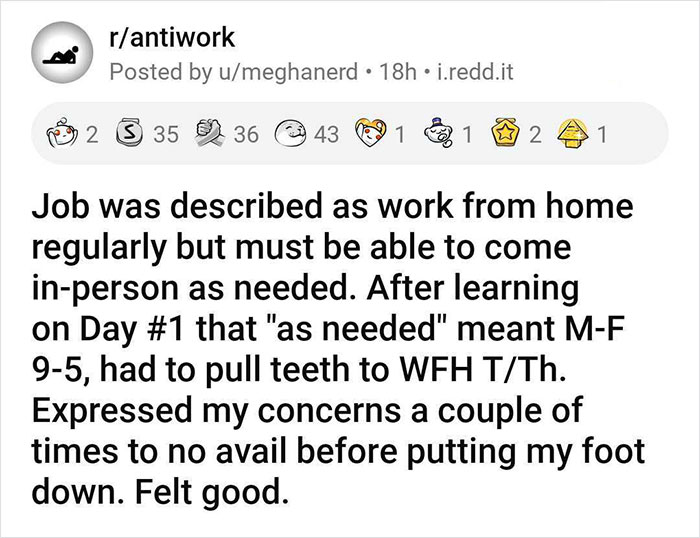
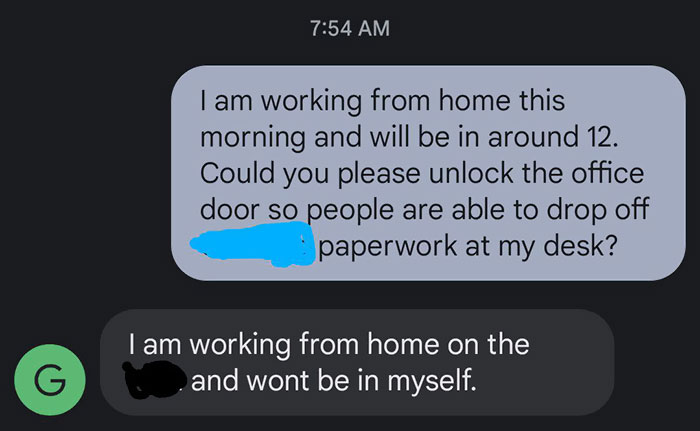
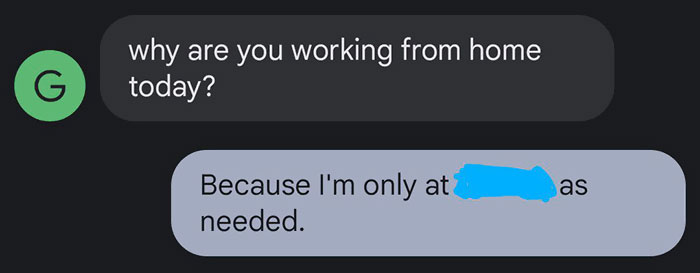
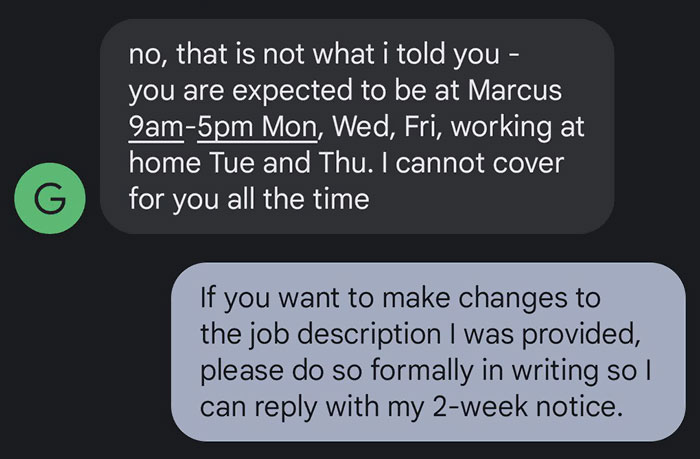
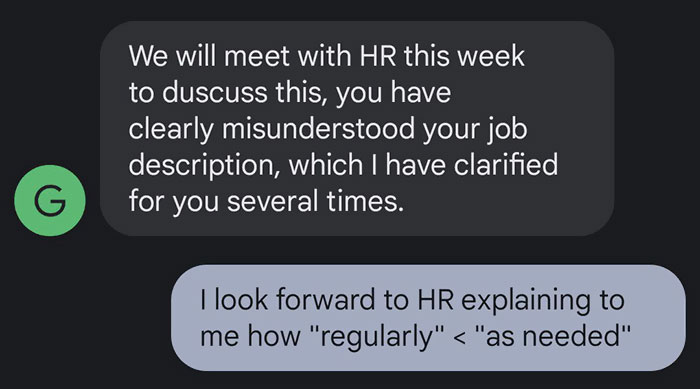
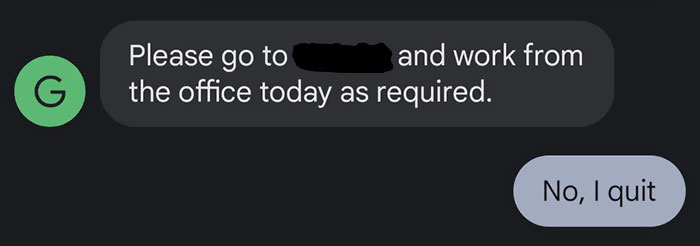
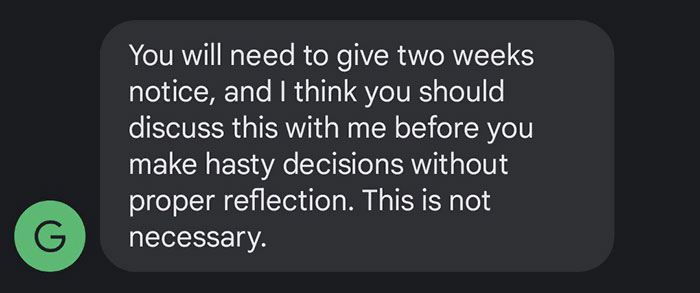
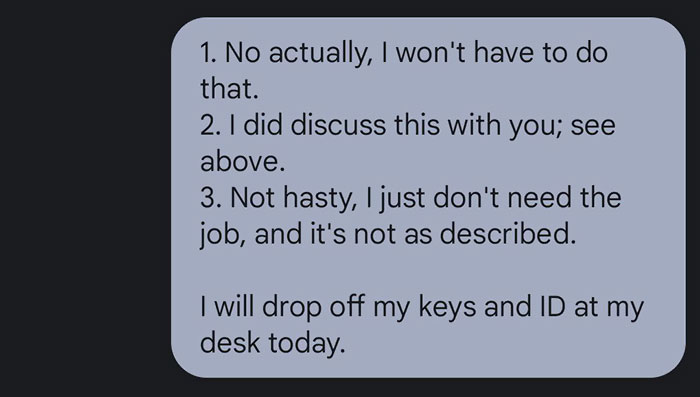
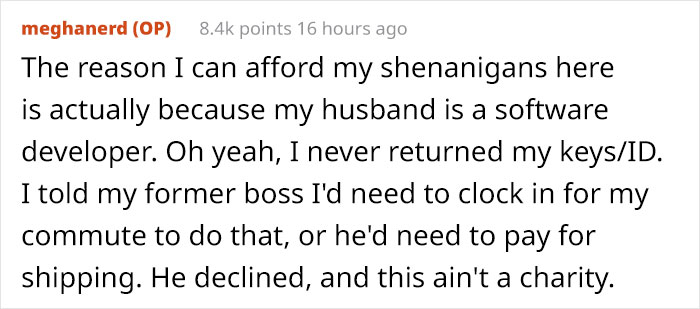


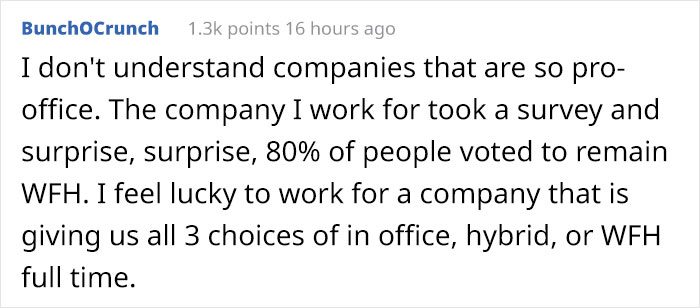

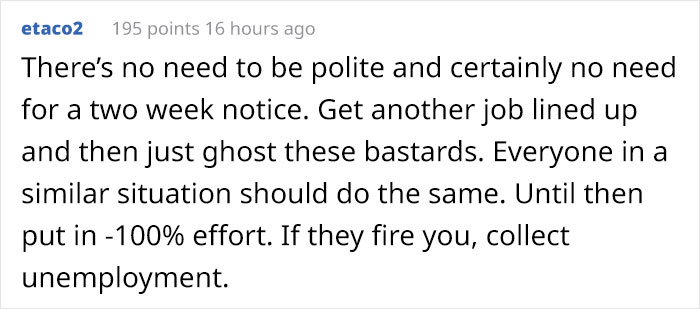


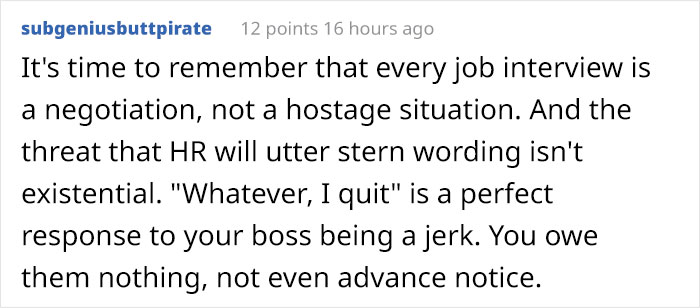
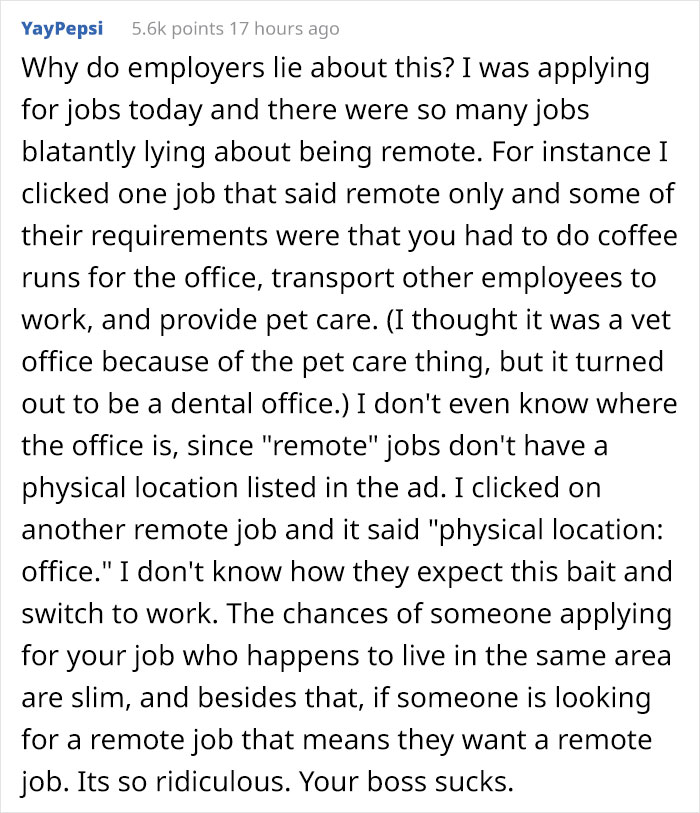
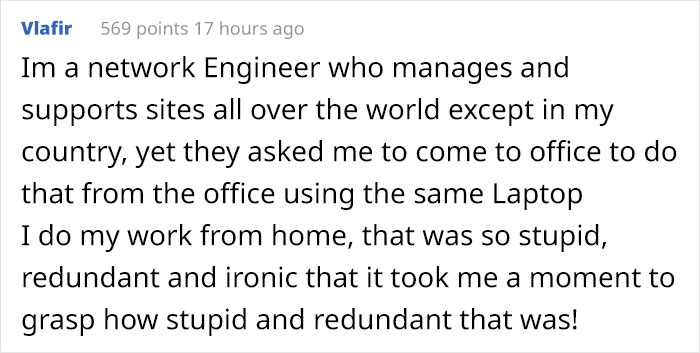
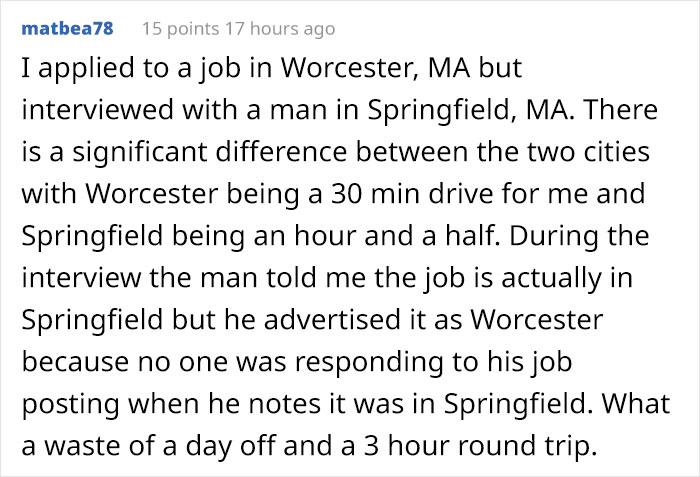
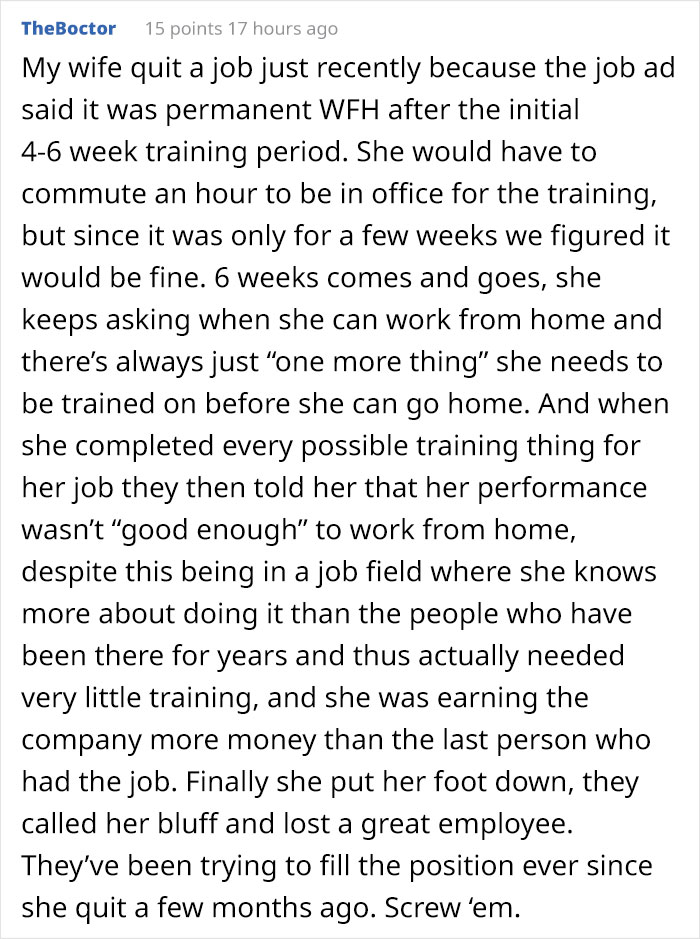
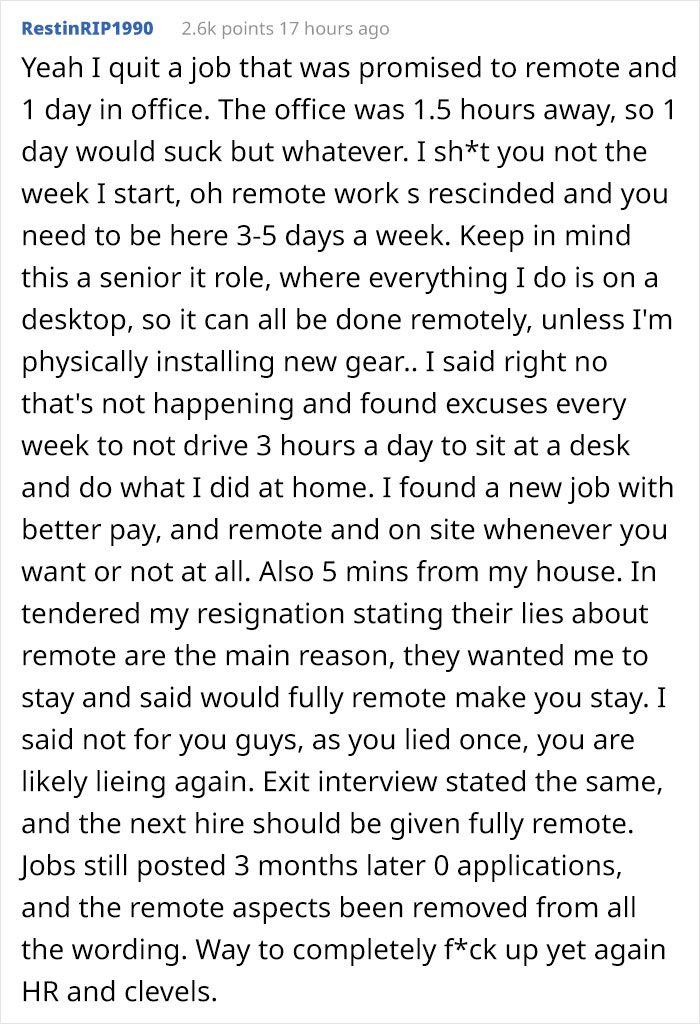
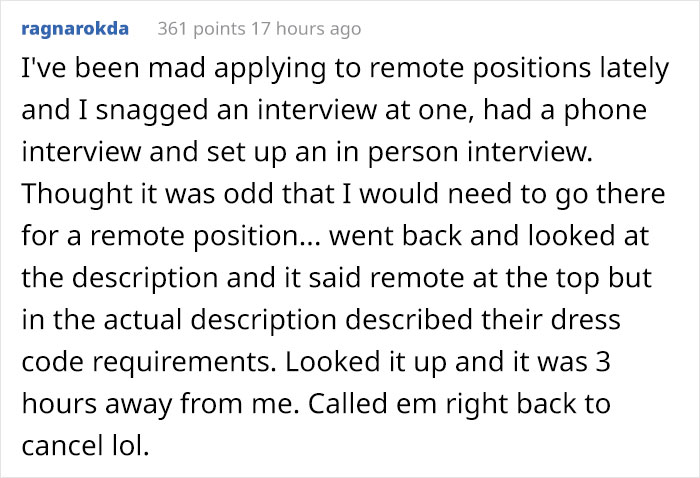
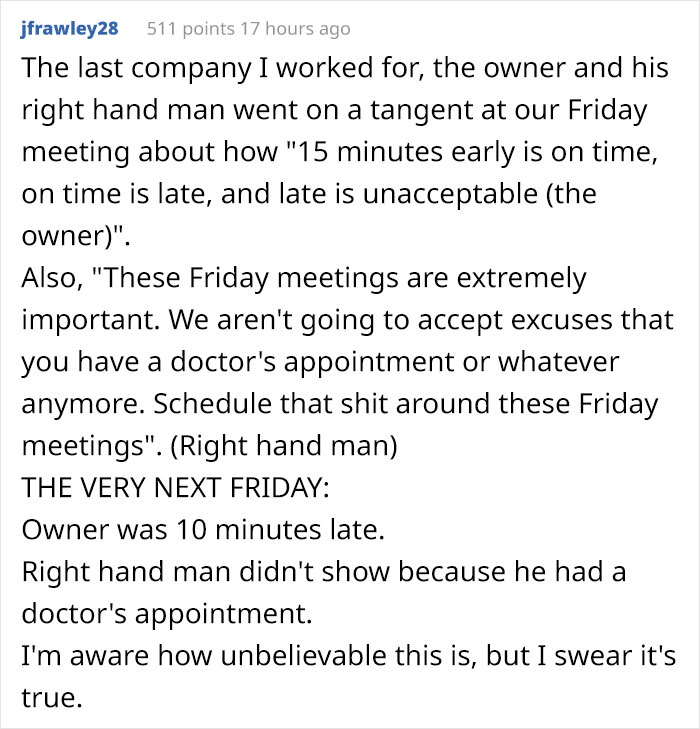
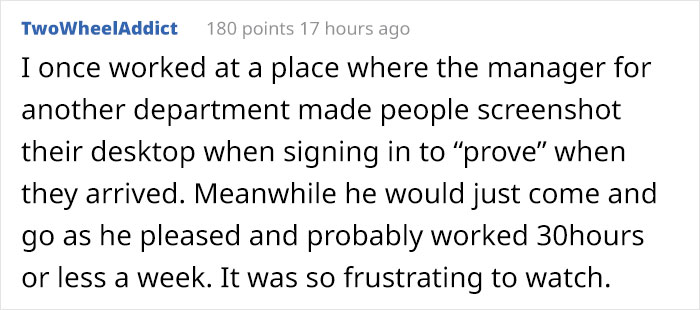












































122
41